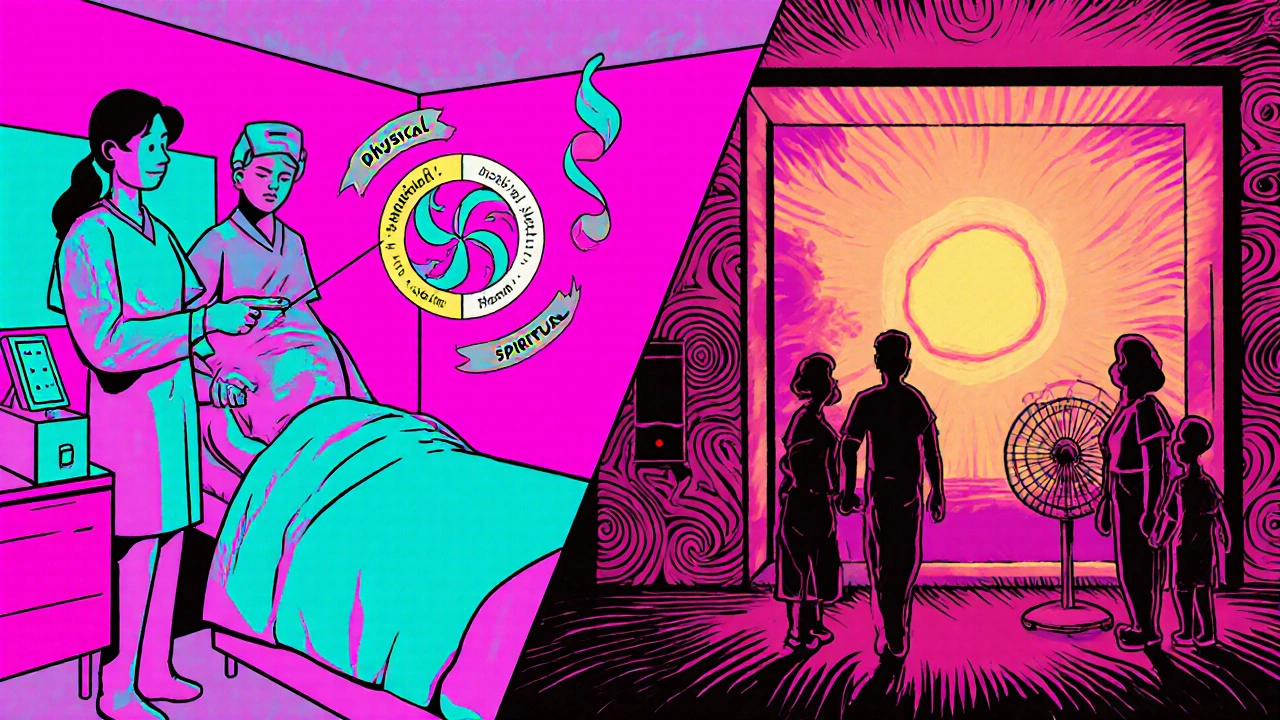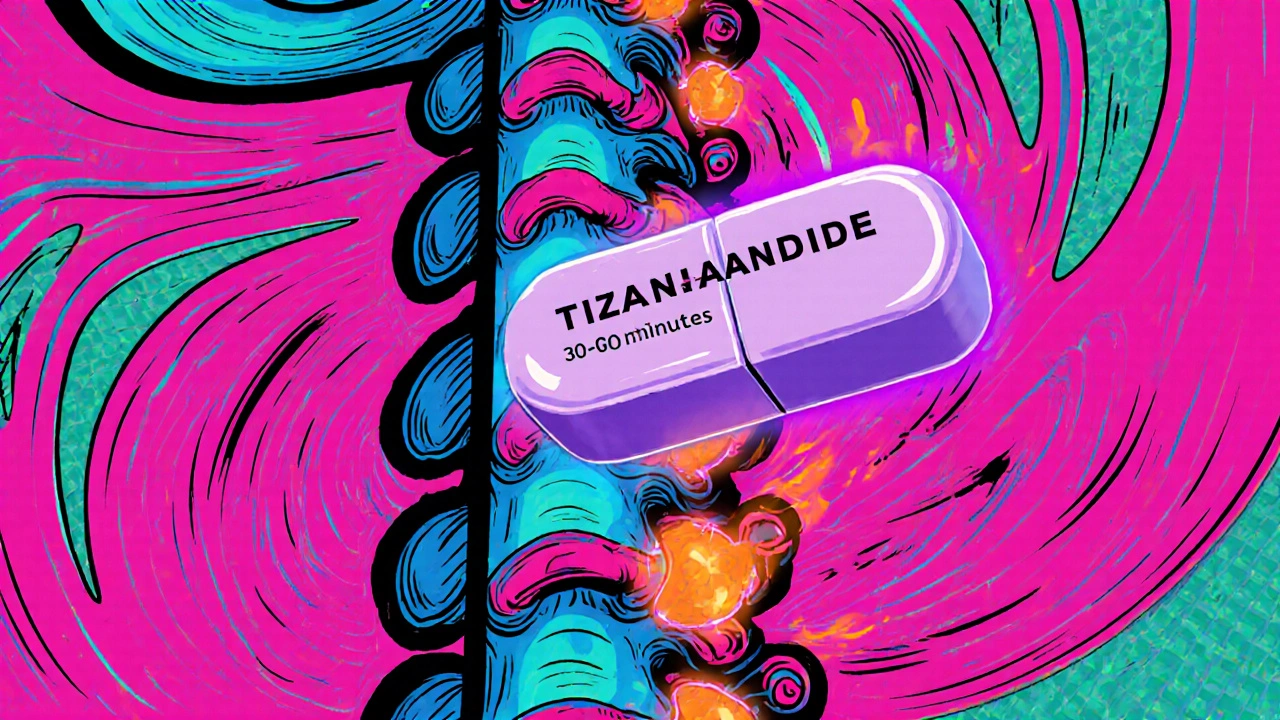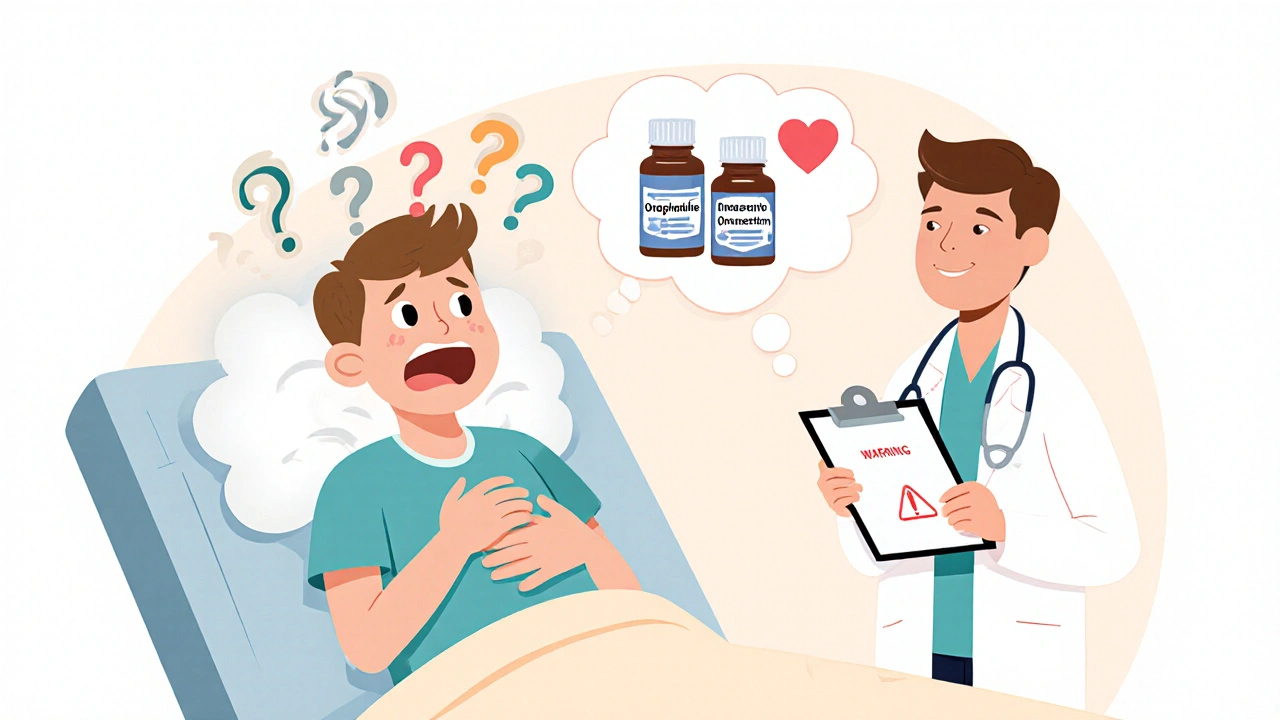Side effects: what to watch for and how to act
Side effects are unwanted drug reactions. Some are mild and go away; others need quick attention. This page helps you spot, evaluate, and respond to side effects so you can stay safe while taking medicine.
Start by reading the leaflet or online drug monograph. Check common reactions, serious warning signs, and interaction notes. For example, articles on this site cover side effects for metoclopramide, venlafaxine (Effexor), gabapentin (Neurontin), and captopril (Capoten). Those pages list typical effects like nausea, dizziness, sleep changes, swelling, and movement problems - and give practical tips.
Know the difference between expected and dangerous reactions
Expected side effects are common and often fade: mild stomach upset, drowsiness, dry mouth. Dangerous reactions need immediate care: difficulty breathing, chest pain, severe rash, high fever, sudden swelling of face or throat, fainting, or seizure. If you see any of these, call emergency services right away.
Keep a simple side effect log. Note the medicine name, dose, start date, and symptoms with dates and severity. Share this log with your prescriber or pharmacist. Logs help spot patterns - like a new cough after starting an ACE inhibitor or twitching after a drug that affects dopamine.
Interactions and overlapping effects matter. Combining medicines, supplements, or alcohol can change how a drug acts. Use one reliable source or ask a pharmacist before mixing prescriptions, over-the-counter drugs, or herbal products. When you order meds online, verify the pharmacy and keep records of product names and batch numbers.
Adjusting therapy is a team decision. Don't stop medicines suddenly unless a clinician tells you. Some drugs require tapering to avoid withdrawal or rebound symptoms. If a side effect is intolerable, your doctor can lower the dose, switch drugs, or add a medicine to manage the reaction.
Report what you find
In many countries you can report adverse reactions to a national safety agency. Reporting helps safety monitoring and can alert regulators to new risks. You can also tell the online pharmacy, clinic, or the site where you got the information.
Be proactive about prevention. Ask about common side effects before starting a medication. Ask how to reduce risk - like taking with food to prevent nausea, monitoring blood pressure, or scheduling lab tests. For long-term drugs, plan follow-up visits and routine labs.
If you want tailored info, read our detailed posts on specific drugs listed here. They explain risks, typical timelines, and real-life tips from patients and clinicians. Use those pages alongside professional advice to make safe choices.
Special groups need extra care. Pregnant people, nursing parents, children, and older adults often react differently to drugs. Tell your provider about pregnancy plans, allergies, kidney or liver disease, and all supplements. If you shop online, choose licensed pharmacies and keep a copy of the prescription and receipt. If a drug causes strange mood or movement changes, ask for an urgent review - these can be subtle but serious. Small steps like a watchful checklist and clear notes make side effects easier to manage. Ask questions every time.

Palliative and Hospice Care: Strategies for Balancing Symptom Control and Side Effects

Fusidic Acid for Hidradenitis Suppurativa: Mechanism, Dosing & Clinical Evidence

Tizanidine vs. Other Muscle Relaxants: Complete Comparison Guide

Domperidone for Managing Opioid-Induced Nausea: How, When, and What to Watch

Zerit (Stavudine) vs. Alternative HIV Medications: Key Differences

Solian (Amisulpride): Uses, Side Effects, Dosing & Availability 2025
